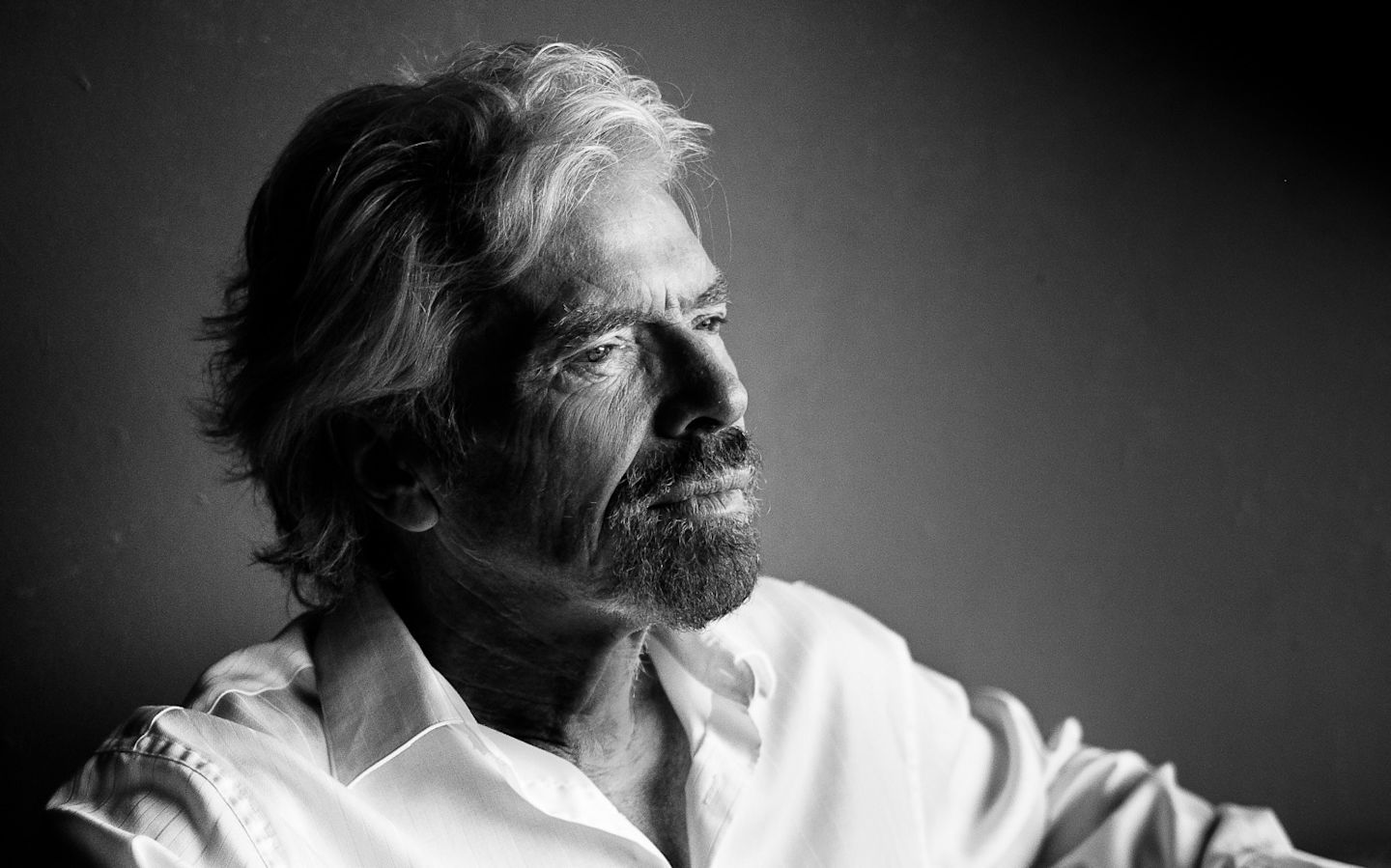Sudan needs urgent action now
So much of the world these days seems engulfed in war and bloodshed, with perhaps more concurrent conflicts than humanity has seen since the end of World War II.
One of those conflicts – and one that has only recently been getting some global attention – is the brutal war that’s been devastating vast swaths of Sudan since 2023, with horrific consequences for millions of Sudanese people. Fought primarily between the Sudanese Armed Forces (SAF) and the Rapid Support Forces (RSF), this bloody confrontation has now killed at least 150,000 people, possibly far more.
The UN estimates that nearly 12 million Sudanese have been forcibly displaced, with millions of refugees pouring into neighbouring countries. Parts of Sudan are now officially in a state of famine, exacerbating a humanitarian crisis that worsens with every day of inaction by the international community. The horrific images that have emerged from Sudan in the last few weeks remind me of the first time this vast African nation caught the world’s attention – roughly 20 years ago, at the height of the Darfur War which had erupted when various paramilitary groups took up arms against Sudan’s dictatorial government.
That conflict was marked by unspeakable atrocities and acts of genocide, caused massive famine and set the stage for the continuous instability that followed. At the time, Darfur became a tragic fixture, almost a household name, in the Western news cycle. Now, in 2025, Darfur is once again becoming a synonym for unspeakable crimes, for the unimaginable suffering of civilians, and for the inability of the international community to hold those funding and arming the warring parties to account. All sides clearly have blood on their hands. The RSF in particular stands accused of abuses of unparalleled scale and brutality, particularly since capturing the North Darfur capital of el-Fasher in October. Many observers – include the US Government – say the RSF’s actions amount to genocide.
There are credible and, in many cases, well-documented allegations of mass killings and summary executions, sexual violence against women and girls, and brutal ethnic cleansing targeting non-Arab communities. The RSF’s main supporter has been the government of the United Arab Emirates, which has been pursuing both economic and political interests in Sudan, including significant investments into agriculture to ensure long-term food supplies. But I refuse to believe that my many wonderful Emirati friends would want to see their nation’s reputation tarnished by their association with a murderous militia if they knew the full extent of the atrocities and crimes against humanity being carried out with their support.
Surely, there must be a way for Emirati leaders in Abu Dhabi, Dubai and elsewhere to stand up for Sheikh Zayed bin Sultan Al Nahyan’s enduring vision of peaceful coexistence between all people and creeds and bring this carnage to an end now. There is also an urgent need for aid to reach people in Sudan’s conflict zones so that the worst possible outcomes are averted. Heroic grassroots groups, including the Nobel Peace Prize nominated Emergency Response Rooms, are doing vital work across the country – support for them is essential. And unfettered access must be granted to the UN agencies and brilliant international NGOs that are eager and ready to step in and deliver. Finally, Sudan really needs all sides to lean in – the UN Security Council, the African Union, the EU.
The multilateral system still has a pulse. It can influence how civilians are treated, it can stop atrocities and find long-term solutions. There’s a role for everyone – governments, even businesses. If you have influence, please, please, do your part.
Update 27/11/25:
I am heartened by constructive outreach from UAE in response to my blog post on Wednesday.
The UAE government has been quite clear that it doesn’t consider itself an ally of the RSF. I am also heartened to hear that the UAE remains focused on working closely with regional and international partners to bring about a ceasefire and an end to the war and to the atrocities.
The people of Sudan deserve a future free from violence where they are in full control of their own destiny, led by a civilian and democratically chosen government.


